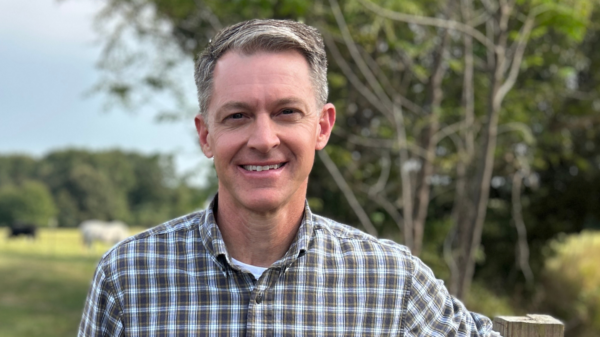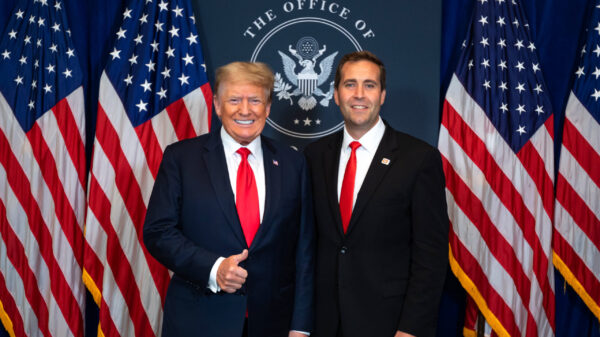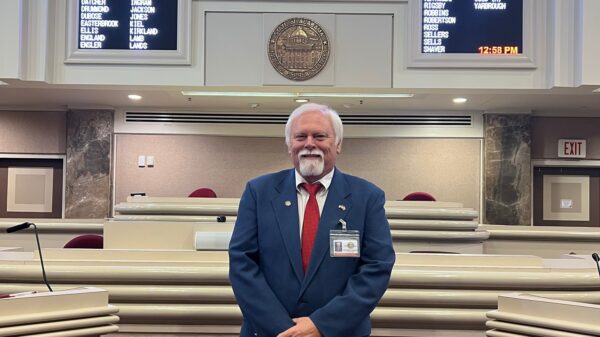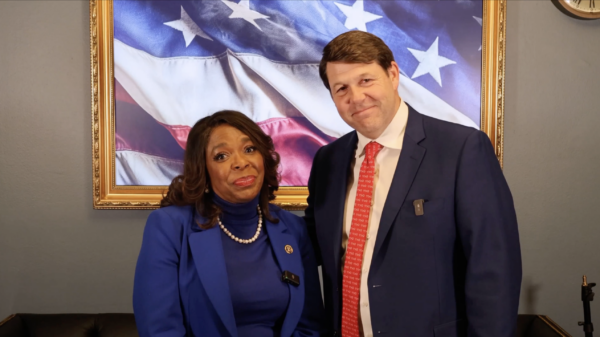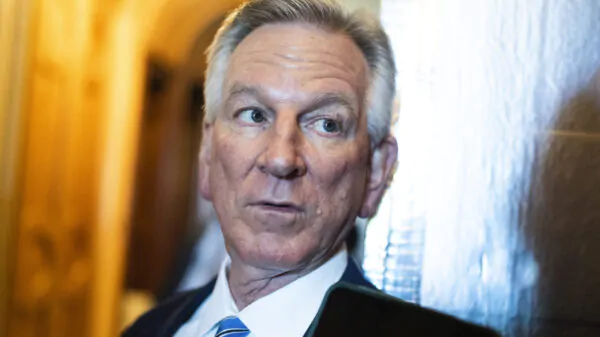In an eye-opening revelation, state Rep. Andy Whitt, R-Harvest, chair of the House Economic Development and Tourism Committee, has disclosed a disturbing reality after his statewide tour of Alabama. Whitt’s journey, endorsed by Speaker of the House Nathaniel Ledbetter, R-Rainesville, was not just a perfunctory mission. It was a deep dive into the heart of Alabama’s gaming issue, which he deemed a pressing matter that could no longer be sidelined by the Legislature.
“Transparency and direct action have always been my guiding principles,” stated Whitt. “In my year-long expedition across the state, I’ve been confronted with the harsh truth of illegal gambling’s prevalence in every corner of Alabama. It’s a grim reality that demands immediate legislative intervention.”
Whitt’s commitment to addressing the issue head-on is evident in his comprehensive approach. “Alabama is in dire need of a unified, enforceable law against illegal gambling. Our current legal framework is a chaotic mix of amendments and court decisions, leading to a never-ending cycle of illegal casinos cropping up,” he explained. Whitt’s proposed solution involves not just tightening the existing laws but also enhancing penalties and equipping law enforcement with better resources to tackle this issue.
The complexity of the gaming issue in Alabama, as Whitt points out, extends to the legal aspects as well. The legal gaming operations, like those run by the Poarch Creek Indians under federal laws, and the legal pari-mutual tracks are just parts of a larger, more challenging puzzle. “The inconsistency in how our gambling laws are interpreted and enforced is a major roadblock,” Whitt added, emphasizing his focus on clarifying these legal ambiguities.
While acknowledging past proposals for gaming regulation, Whitt is resolute in his priority: combating the illegal gambling that’s deeply entrenched in the state. His investigations reveal a concerning pattern of illegal operations often backed by out-of-state entities, hinting at a broader network of organized crime.
“The balance between legal and illegal gaming is a tricky but crucial aspect we need to address,” Whitt remarked. His findings, gathered during his travels, paint a comprehensive picture of various illegal gambling operations and their impacts on local communities. “As state legislators, we need a broader perspective, one that transcends our individual districts and looks at the statewide implications of these issues,” he concluded, signaling a call to action for his colleagues in the Alabama legislature.
Gaming legislation, as a constitutional amendment, necessitates a direct vote from Alabama’s citizens, with the Legislature’s role limited to setting the voting parameters. The intricate saga of gambling legislation has been a persistent narrative for over twenty years, tracing its origins to the early 1990s with dog tracks and video poker. Despite numerous legislative attempts to legalize specific forms of gambling, the path has been fraught with obstacles.
Thus, the conversation in Alabama’s legislative halls is no longer just about the potential revenue and job opportunities from legalized gambling. It has matured into a broader discourse on law, order, and the state’s commitment to eradicating illegal activities under the guise of gambling. The future of gambling in Alabama now hinges on finding a balance between legalization, regulation, and law enforcement.
“When I started this journey, I didn’t know where the road would end,” said Whitt. “It has taken me all across the state. And I’ve learned a lot. And I’ve learned that we’ve got a problem and it needs to be resolved,” he continued. “Again, we can no longer simply do nothing; that’s not an option.”
Whitt’s revelations and proposals mark a significant step in Alabama’s path toward tackling the pervasive issue of illegal gambling. His proactive approach and detailed insights set the stage for a legislative response that could reshape the state’s gaming landscape for the better.


